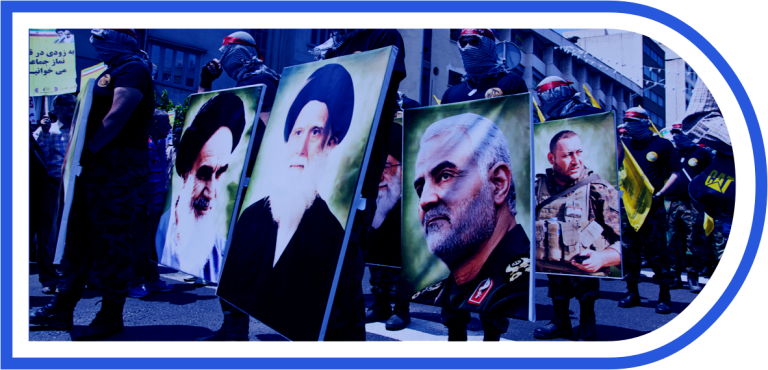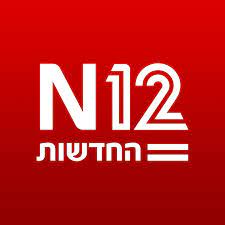IRAN IN A NEW REALITY
IRAN IN A NEW REALITY
ABOUT THE PROGRAM
Iran poses an existential threat to Israel, openly calling for its destruction while actively pursuing the capabilities to realize that objective. In the wake of October 7, Tehran has escalated its longstanding hostility through direct attacks on Israeli territory in April and October 2024. As it moves closer to acquiring a nuclear weapon, Iran continues to fuel instability through regional terrorism, deepening strategic ties with Russia and China, and efforts to undermine Western influence in the Middle East. Meanwhile, growing internal unrest and an impending leadership succession are eroding traditional checks on the regime, emboldening the Revolutionary Guards and intensifying the threat to Israel, regional stability, and global security.
The program aims to provide an updated strategic framework for understanding and responding to Iran’s nuclear progress, its regional strategy, while strengthening Israel’s posture along the US, regional and international partners. To this end, we work to shape a multidimensional response—integrating diplomatic, military, informational, and economic tools. Thus far, the program has advanced an updated policy tailored to recent developments, initiated dialogue with regional and international partners to coordinate strategies, and continues to support the development of a robust, long-term Israeli strategy toward Iran.



Program Director
Avner Golov
Researcher
Shaked Ben Elya
Senior Advisors
Zeev Snir
Udi Evental
Nir Yannay
Program Director
Avner Golov
Researcher
Shaked Ben Elya
Senior Advisors
Zeev Snir
Udi Evental
Nir Yannay

ABOUT THE PROGRAM
Iran poses an existential threat to Israel, openly calling for its destruction while actively pursuing the capabilities to realize that objective. In the wake of October 7, Tehran has escalated its longstanding hostility through direct attacks on Israeli territory in April and October 2024. As it moves closer to acquiring a nuclear weapon, Iran continues to fuel instability through regional terrorism, deepening strategic ties with Russia and China, and efforts to undermine Western influence in the Middle East. Meanwhile, growing internal unrest and an impending leadership succession are eroding traditional checks on the regime, emboldening the Revolutionary Guards and intensifying the threat to Israel, regional stability, and global security.
The program aims to provide an updated strategic framework for understanding and responding to Iran’s nuclear progress, its regional strategy, while strengthening Israel’s posture along the US, regional and international partners. To this end, we work to shape a multidimensional response—integrating diplomatic, military, informational, and economic tools. Thus far, the program has advanced an updated policy tailored to recent developments, initiated dialogue with regional and international partners to coordinate strategies, and continues to support the development of a robust, long-term Israeli strategy toward Iran.

Program Director
Avner Golov

Advisor
Shaked Ben Elya

Senior Advisors
Zeev Snir
Udi Evental
Nir Yannay
Researcher
Shaked Ben Elya

“In light of the administration’s aspiration to reach a new agreement with Iran, it is essential to ensure that such a deal is a strong one—dismantling enrichment capabilities, blocking the weaponization pathway, preventing sunset clauses, and enhancing oversight, with a particular focus on military-related activity. The agreement must not include nuclear concessions in exchange for progress on other issues, such as regional activity, operations in Europe, the missile program, or the release of hostages.”
Source: MIND weekly report distributed to senior officials in the foreign ministry and security establishment (March 2025)
"The use of a research reactor being established without foreign involvement, and which at this stage is not under IAEA supervision, would allow the Iranians—should they decide to do so—to convert it for military purposes and produce plutonium or other components for a nuclear weapon.”
Source: MIND red flag report on Iran’s development of a new research reactor (March 2025)
RECENTLY IN THE MEDIA

Amos Yadlin & Udi Evental


Amos Yadlin & Avner Golov


